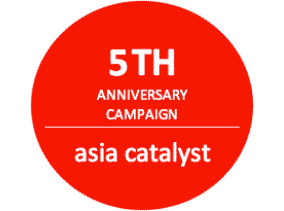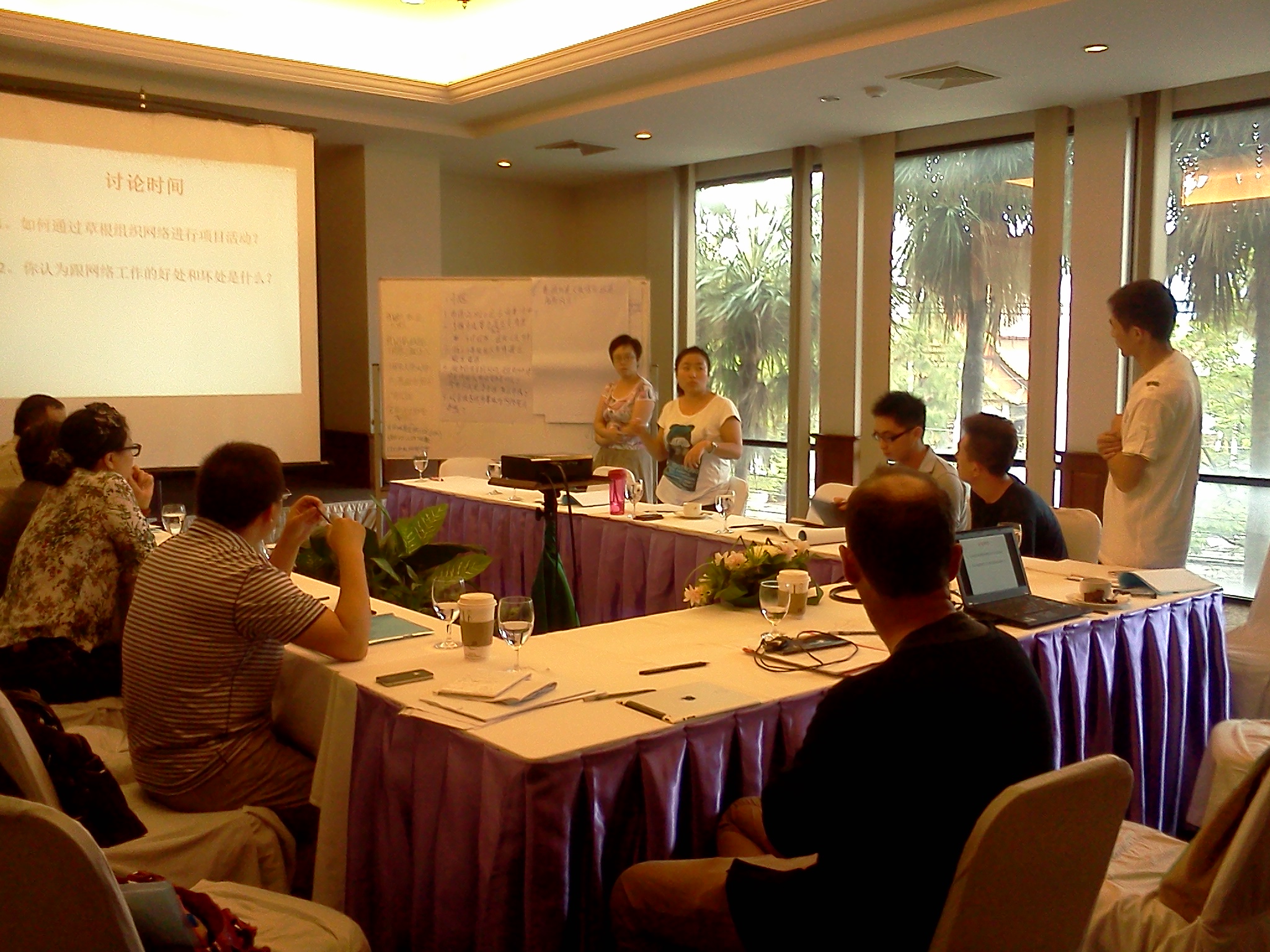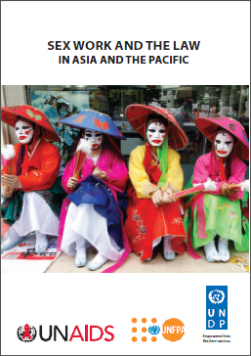By Cheng Zhuo
Translated by Hou Ye
In July 2012, the Avic Chengdu Engine Group Company in Chengdu, Sichuan hired 300 new employees, and required them to go through a mandatory health examination as part of the company’s orientation. After eight college graduates tested positive for hepatitis B virus (HBV), the company refused to hire them. When these eight individuals appealed to the Labor and Social Security Bureau, they were told, “You’d better go home to recuperate from your illness, and don’t make trouble.” Chengdu E Road Working Group, a non-profit organization dedicated to defending of the rights of people with hepatitis B, took the case on, and drew on the power of domestic allies and media to persuade the company to change its policies and accept its social responsibility.

 This
This




